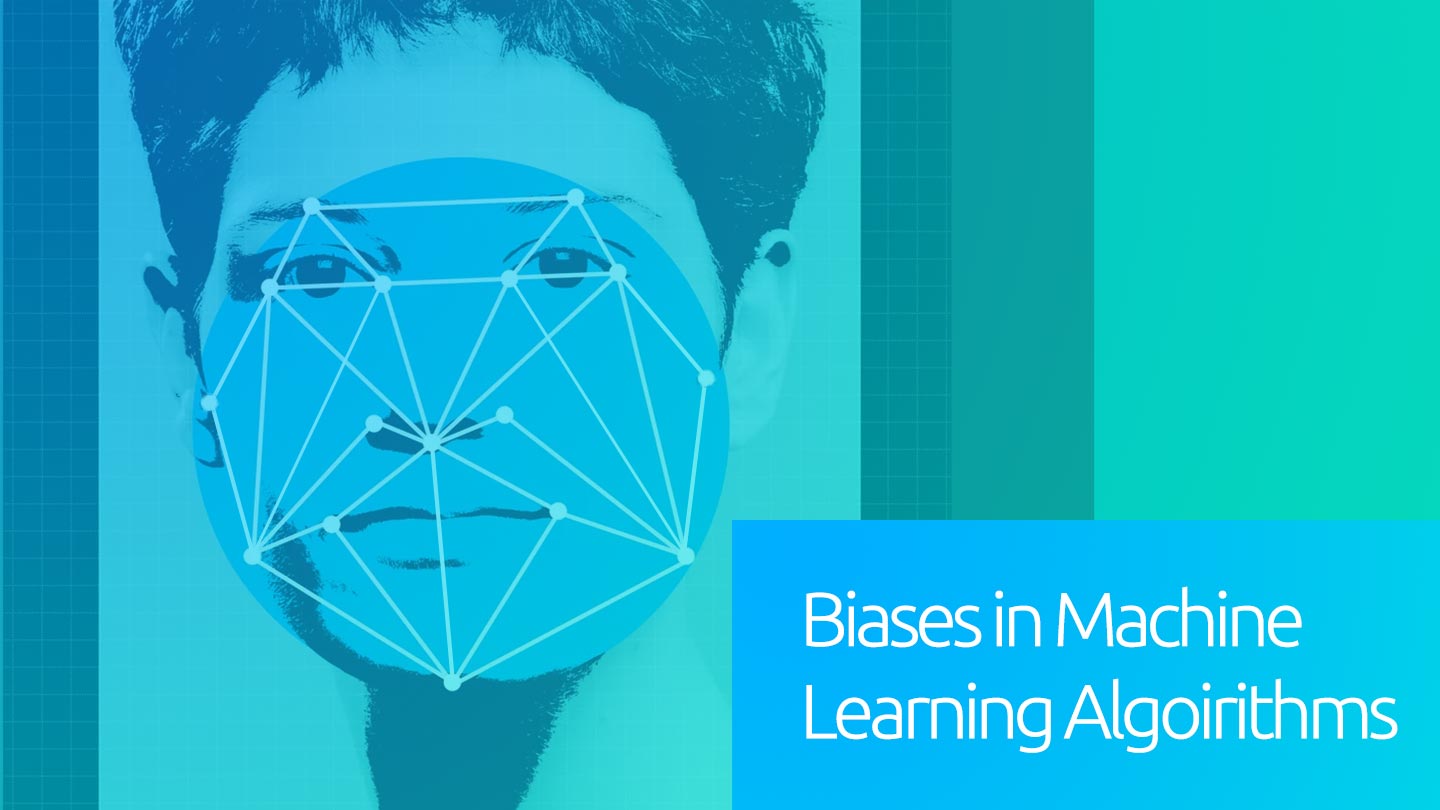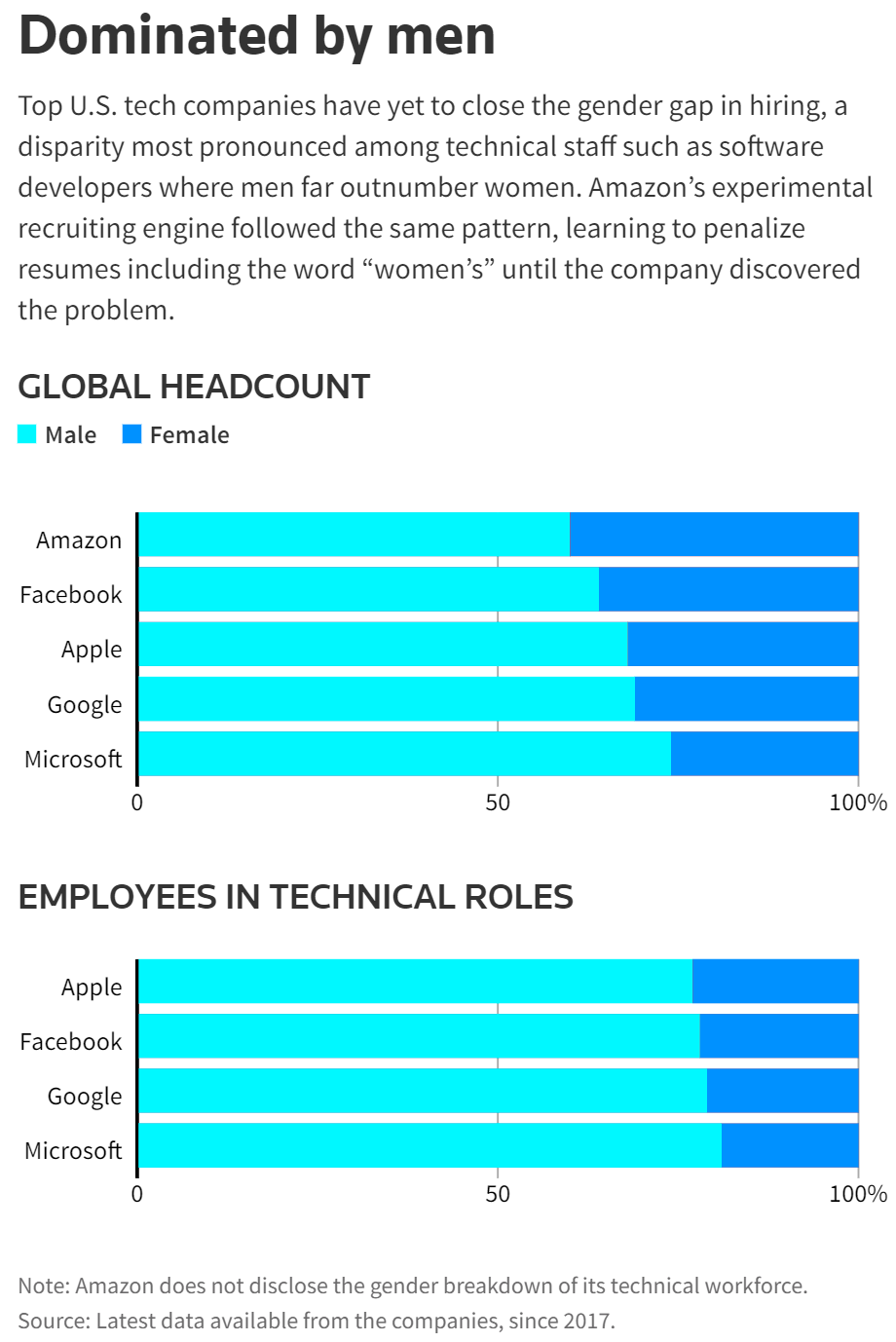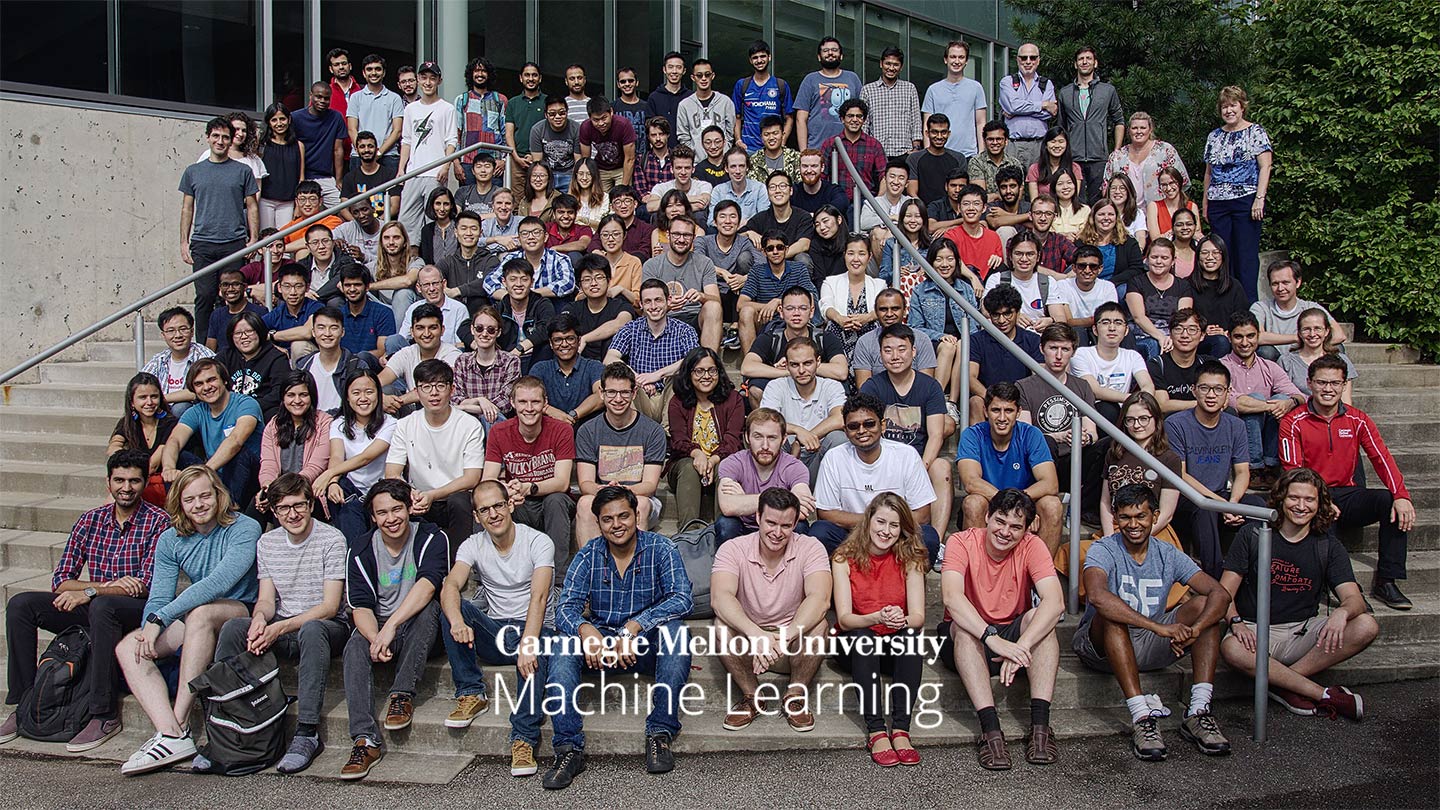
Amazon Scraps Secret AI Recruiting Engine that Showed Biases Against Women
AI Research scientists at Amazon uncovered biases against women on their recruiting machine learning engine
By Roberto Iriondo
The AI research team had been building a recruiting machine-learning based engine since 2014, it took care of reviewing applicant’s resumes with the aim of intelligently automatizing the search for top talent.
Quoting an AI research scientist on the team: “Everyone wanted this Holy Grail,” one of the people said. “They literally wanted it to be an engine where I’m going to give you 100 resumes, it will spit out the top five, and we’ll hire those.” However, by 2015, Amazon realized its new system was not rating candidates for software developer jobs and other technical posts in a gender-neutral way.
Amazon’s recruiting machine learning model was trained to vet applicants by analyzing certain parameters in resumes submitted to the company over a 10-year period. Due to the biases that the machine learning model had, most ideal candidates were generated as men, which is a reflection of the male dominance across the tech industry — therefore the data fed to the model was not unbiased towards gender equality but au contraire.
Amazon’s research team states that they modified the central algorithms and made the machine learning model neutral to these gender biases, however that was not a guarantee that the engine would not device other ways of sorting candidates (i.e. male dominant keywords in applicant’s resumes) that could prove discriminatory.
Employers have long dreamed of harnessing technology to widen the hiring net and reduce reliance on subjective opinions of human recruiters. Nevertheless, ML research scientists such as Assistant Professor, Nihar Shah, whose research is in the areas of statistical learning theory and game theory, with a focus on learning from people at the Machine Learning Department at Carnegie Mellon University, says there is still much work to do.
“How to ensure that the algorithm is fair, how to make sure the algorithm is really interpretable and explainable — that’s still quite far off,” Professor Shah mentioned.

Masculine dominant keywords on resumes were pivotal after the modification of the algorithms on the machine learning models from Amazon’s recruiting engine. The research group created 500 models that focused on specific job functions and locations. They taught each to recognize over 50,000 parameters that showed up on applicants’ resumes. The algorithms ultimately learned to assign a low percentage of significance towards skills that were common across all applicants, i.e. programming languages, platforms used, etc.
It is important for our society to continue with the focus towards machine learning, but with special attention to biases — which, sometimes are unconsciously added to these programs. Thankfully Amazon’s AI research team was able to recognize such biases and act upon it.
Full article, along references can be found on Medium.

